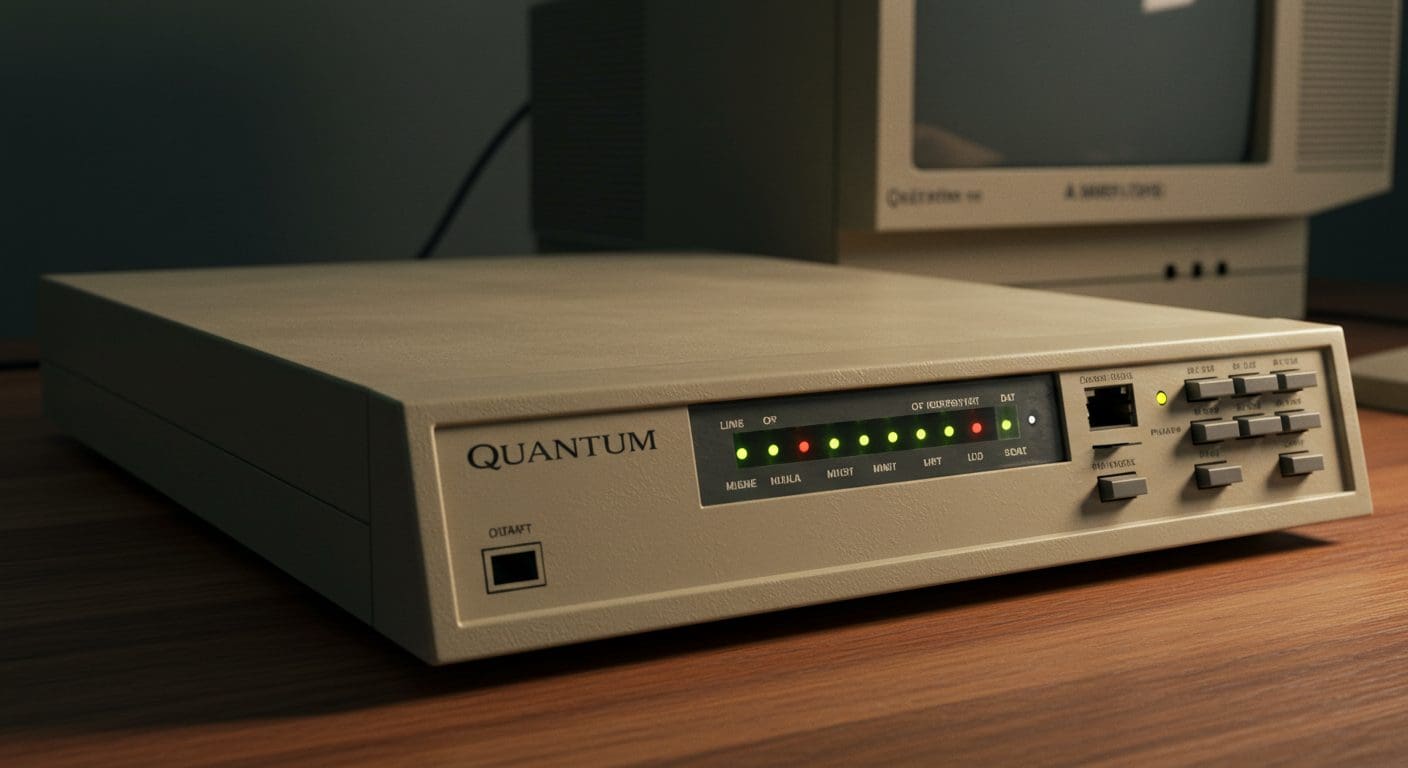Quantum computers are no longer a distant fantasy. In the next decade, they will be powerful enough to unravel the cryptographic codes that keep banks, governments and private data safe. As the threat looms, Dutch researchers and industry leaders have begun building a new kind of internet; one that can resist even the most sophisticated eavesdroppers. The Quantum Communication Infrastructure Nederland (QCINed) programme, launched in 2023, is a national effort to integrate quantum key distribution (QKD) into the country’s fibre network, creating a shield that would make any attempt to eavesdrop immediately apparent.
A New Shield for Digital Communications
Current encryption relies on mathematical problems that are easy for a classical computer to solve when it is large enough. Quantum algorithms, such as Shor’s algorithm, can factor those problems in polynomial time, rendering a once-secure key public. The Dutch government recognises that the existing safeguards are “child’s play” for a future quantum machine. The answer is QKD, a technique that uses individual photons to generate a shared secret key. Because quantum particles are disturbed when measured, any interception leaves a detectable error in the data stream. If the error rate exceeds a predefined threshold, the parties discard the key and try again. In practice, this means that a potential spy cannot read the message without being caught.
QCINed’s first testbed runs between Amsterdam and Utrecht, where the project is integrating QKD with the everyday optical fibre that carries internet traffic. The experiment demonstrates how classical and quantum channels can coexist on the same physical infrastructure, a crucial step toward a scalable quantum‑enabled network. The second line of the programme links Amsterdam to The Hague, a corridor that will allow ministries of justice and foreign affairs to exchange classified information with absolute assurance. By exposing the network to real‑world traffic and regulatory requirements, the partnership between government and academia provides a template for secure government communications across Europe.
Building the Quantum Backbone
The Dutch initiative is part of the broader European Quantum Communication Infrastructure (EuroQCI) programme, a Digital Europe initiative that funds national projects aimed at establishing a continent-wide quantum internet. QCINed received nearly €10 million from the European Commission and the Dutch Ministry of Economic Affairs, and it is scheduled to run for 30 months. The funding is supplemented by the National Growth Fund, which has earmarked €615 million for quantum technology across the country. Quantum Delta NL (QDNL), a national coordinating body, brings together leading universities, technology firms and public organisations to accelerate the development of quantum hardware, software and sensing.
In Eindhoven, the project has deployed an open test network that invites businesses, research institutes, and start-ups to experiment with quantum-secure protocols. The city’s role as a technology hub means that developers can quickly iterate on hardware and software, pushing the limits of what is possible with QKD. The testbed also serves as a proving ground for new error‑correction schemes and key‑management protocols that will be essential once the network scales beyond a handful of sites.
From Labs to the City
Beyond the Dutch borders, QCINed is already in dialogue with partners in Berlin, Brussels and even southern European capitals. The vision is a continental quantum backbone that interconnects national networks, creating a mesh of secure channels that can carry sensitive data across borders without fear of compromise. The approach is incremental: start with regional testbeds, refine the technology, then expand to a pan‑European grid. This phased strategy mirrors the development of the classical internet, which began as a series of isolated research networks before becoming a global public utility.
The immediate beneficiaries of QCINed are governments, universities and enterprises that handle large volumes of confidential information. In the long term, the technology promises to lower the barrier to entry for quantum‑secure communications, eventually reaching everyday consumers. As the quantum internet matures, it will also open new markets for quantum‑based services,secure voting systems, tamper‑proof supply chains and real‑time, privacy‑preserving data analytics.
Looking Ahead
QCINed represents a decisive step toward a future where digital communication can withstand the power of quantum computers. By embedding QKD into existing fibre networks, Dutch researchers are turning the theoretical promise of quantum cryptography into a practical, deployable technology. The programme’s collaborative model, bringing together academia, industry, and government, ensures that the solutions developed will be both technically robust and economically viable.
If the pilot networks prove successful, the next decade could see a continent‑wide quantum internet that safeguards everything from financial transactions to national security. The Dutch effort, backed by significant European investment, is poised to make that vision a reality.

